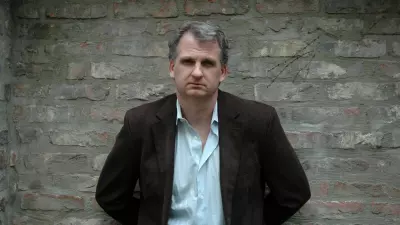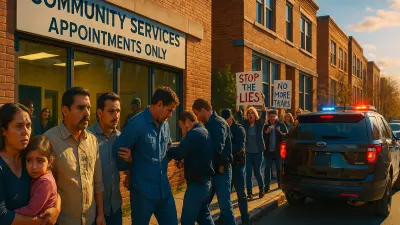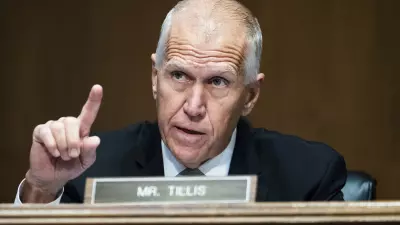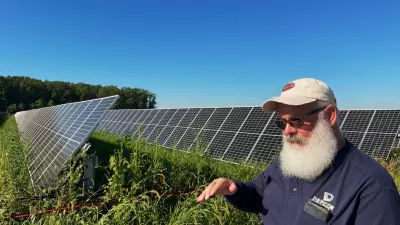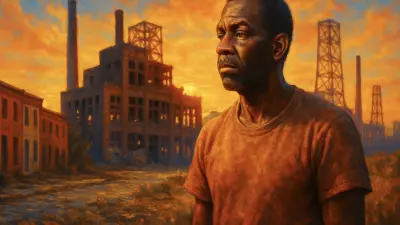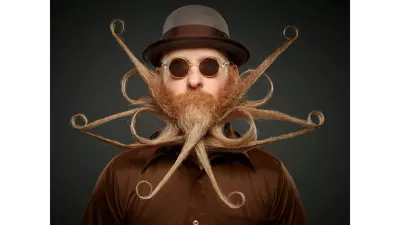Yale University professor Timothy Snyder is the author of the New York Times bestseller “On Tyranny,” a guide to resisting authoritarianism, published in 2017. In September, he released “Our Malady: Ten Lessons from a Hospital Diary,” about the connection between healthcare and freedom. In it, he chronicles his struggle with sudden illness and realization that without health, all other freedoms have no meaning. His book in part is a plea to rethink the American healthcare system.

If someone is lying to you and you believe it, you’re not free.
In September, Snyder was a guest on the Postindustrial Podcast. Here’s an excerpt from that conversation with host Carmen Gentile.
You say in your book “Malady” that healthcare in America needs to be reimagined. You look at it as a right and not a privilege. Can you talk more about what you mean by that?
One of the places I’m starting from is that Americans should be more free and not less free. We talk ourselves sometimes into these contortions where we say, “Well, I can’t have that, right, because it would conflict with that other one.” And we do that with healthcare, especially. And I think we’re just dead wrong.
But you can’t be free unless you’re healthy. If you’re tied to a hospital bed, you’re not free, and if you think you’re going to die, you’re not free.
And if you’re anxious about whether you can get healthcare or if you can’t get healthcare, you’re also less free than you should be.
Our problem is that we haven’t imagined healthcare at all. We just kind of take what we can get. We just think it’s normal for it to be like this. Medicine should be about people being healthy, being free, and people living longer.
We’re in a moment where we don’t have an agreed-upon set of facts because we don’t have an agreed-upon set of truths, even as it relates to the most basic things, like wearing masks. What is the effect of that?
I think that attitude is that we’re always going to be weaponized by the people who have the best spectacle. And that’s the story of (President) Trump. He’s a spectacle. He’s a very smart man. He has many talents. They’re generally in the entertainment field.
But if you evacuate facts and truth out of politics, and you say, well, it’s all about who can make me feel good, then what you’re going to get is an entertainer to be your president. And then you’re going to have the consequence of that, which is that facts are going to matter even less, which they do now.
How could we get back to that idea of the importance of local news and civics, that will help people have a better understanding of government and current events?
If you look at a lot of the founders, they were skeptics. There were people who wanted to know what was actually going on. Ben Franklin was a skeptic, an empiricist. That’s what we’re missing. We’ve let ourselves be smoothed over. We’ve let ourselves be persuaded. That whatever sounds nice to us must be true.
And a big part of that is that we all spend so much time on the Internet where — it is not about truth at all — but is about making us feel the things we already feel, whether that’s what we approve of or what we disapprove of. It changes the way your mind works and makes you less interested in naturally curious, so it’s more about what you think already, because that’s what the machine, that’s what the algorithm is very good at giving to you.
Where this leads us is that truth — to use an old-fashioned word — is like health. And that if you don’t have it, you’re not free. You’re not free if you’re wrong.
If someone is lying to you and you believe it, you’re not free. You’re a creature of that person who has fooled you. It’s not freedom to walk down the street holding up a poster, which is somebody else’s idea that he has consciously fooled you into thinking. That’s not what freedom looks like.
Freedom means that you know where you are and you know what you’re doing, because if you don’t know those things, you can’t make choices. You can’t make free choices.
Health and truth are alike. Because if you don’t have either one of them, you’re not going to be free.
This interview was edited for clarity and brevity.

